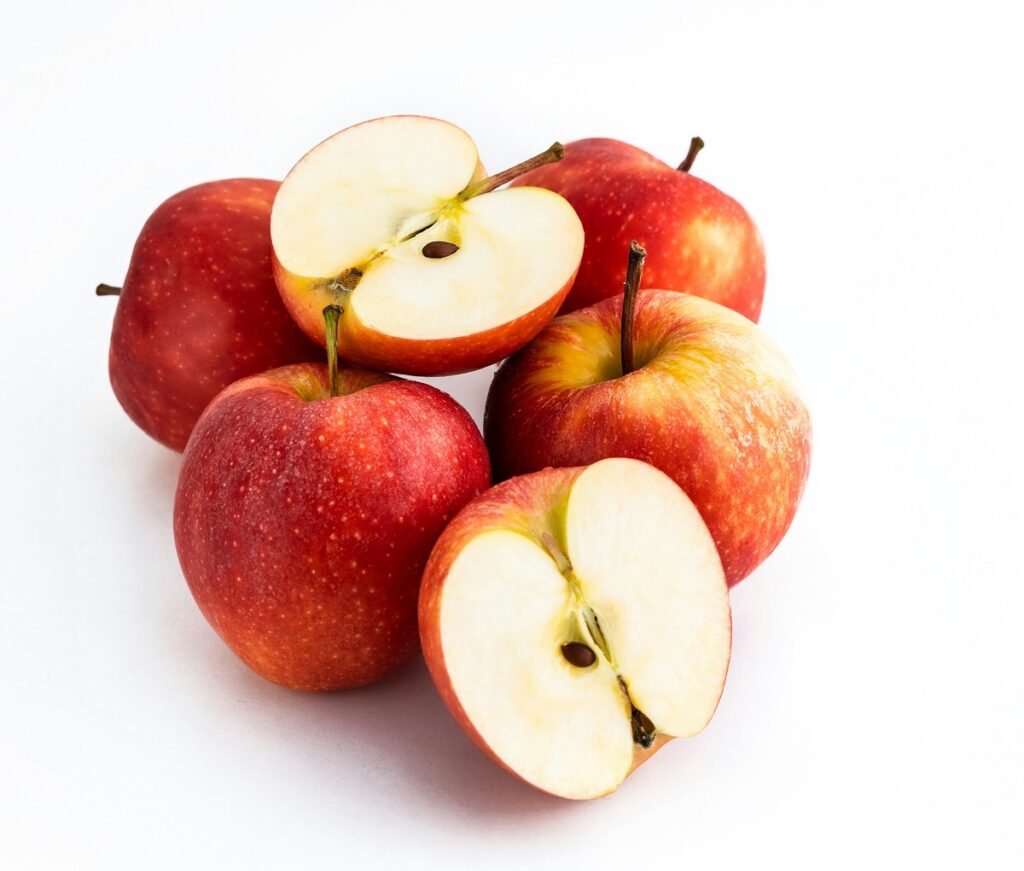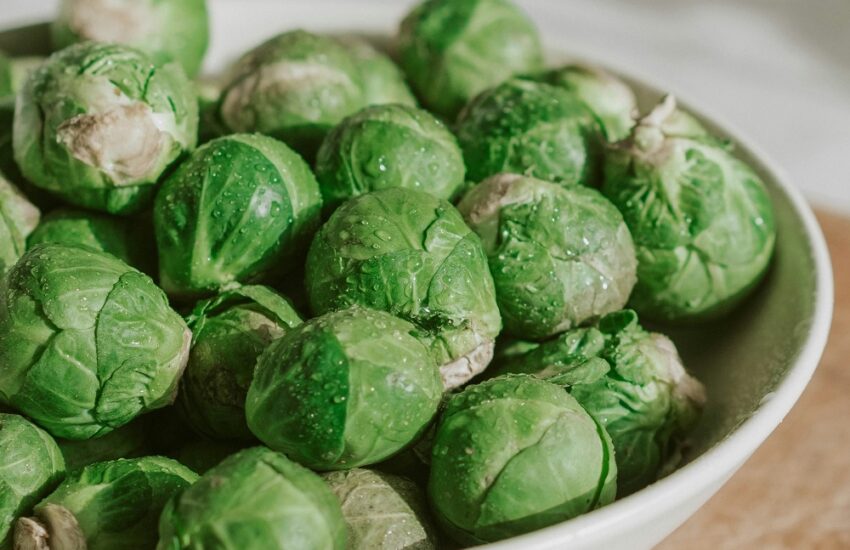Fiber plays a crucial role in maintaining heart health. It helps lower cholesterol levels, reduces inflammation, controls blood sugar, and promotes healthy blood pressure. Including a variety of high-fiber foods in your diet can greatly contribute to cardiovascular wellness. Mohit Tandon from USA suggested 10 High Fiber Foods for Better Heart Health that are rich in fiber and support heart health.
1. Oats: The Heart-Healthy Whole Grain
Oats are one of the most well-known heart-healthy foods. Rich in soluble fiber, particularly beta-glucan, oats help lower cholesterol by binding to it in the digestive tract and preventing its absorption into the bloodstream. This lowers LDL (bad cholesterol) levels and reduces the risk of heart disease. Oats also help regulate blood sugar levels, making them beneficial for those managing diabetes or prediabetes. A daily serving of oatmeal or incorporating oats into smoothies, baked goods, or granola can significantly improve heart health.

2. Chia Seeds: Tiny Powerhouses for Heart Health
Chia seeds are packed with both soluble and insoluble fiber. Just a small serving provides a significant amount of fiber, which can help improve digestion, regulate blood sugar, and lower cholesterol levels. Chia seeds are also rich in omega-3 fatty acids, which have anti-inflammatory effects and are linked to reduced heart disease risk. The combination of fiber and healthy fats makes chia seeds an excellent addition to your heart-healthy diet. They can be added to smoothies, yogurt, or even mixed into baked goods for an extra nutritional boost. – Mohit Tandon USA

3. Beans and Legumes: Fiber-Rich and Heart-Healthy
Beans, lentils, chickpeas, and other legumes are excellent sources of soluble fiber, which can lower cholesterol levels and help control blood sugar. These plant-based foods are also rich in protein, making them an excellent substitute for meat, reducing saturated fat intake. The high fiber content in beans and legumes also supports healthy digestion and promotes a sense of fullness, which can aid in weight management. Regularly including beans in salads, soups, stews, and even as a meat substitute in various dishes can greatly benefit heart health.

4. Avocados: Healthy Fats and Fiber for the Heart
Avocados are unique because they combine healthy monounsaturated fats with a significant amount of fiber. They are an excellent source of potassium, a mineral that helps regulate blood pressure. The fiber content in avocados helps lower cholesterol and supports digestive health. Additionally, avocados are rich in antioxidants, which help fight inflammation and protect the heart from oxidative stress. Adding avocado to salads, sandwiches, or smoothies can enhance both the taste and nutritional value of your meals.

5. Berries: Antioxidants and Fiber Combined
Berries like blueberries, strawberries, raspberries, and blackberries are not only high in fiber but also loaded with antioxidants, including flavonoids, which have been linked to a lower risk of heart disease. These antioxidants help protect the heart by reducing oxidative stress and inflammation. The soluble fiber in berries helps lower cholesterol and improve blood sugar control. Adding a variety of berries to your diet, whether fresh or frozen, provides a delicious and heart-healthy option for snacks, smoothies, and desserts. – Mohit Tandon USA

6. Apples: A Simple, Fiber-Rich Snack
An apple a day could help keep heart disease at bay. Apples are high in both soluble and insoluble fiber, which helps lower cholesterol levels and maintain healthy digestion. They are also packed with polyphenols, antioxidants that help reduce inflammation and protect blood vessels. Apples are easy to incorporate into your diet as a snack or addition to salads and desserts. Consuming them with the skin on maximizes the fiber content and its heart-healthy benefits.

7. Whole Wheat Bread and Pasta: Whole Grains for Heart Health
Switching from refined grains to whole grains, such as whole wheat bread and pasta, can significantly improve heart health. Whole grains contain more fiber, vitamins, and minerals than their refined counterparts. The fiber in whole wheat helps lower cholesterol, improve blood sugar control, and support healthy digestion. By replacing white bread and pasta with whole wheat options, you not only increase your fiber intake but also help reduce the risk of cardiovascular diseases.

8. Brussels Sprouts: A Cruciferous Fiber Boost
Brussels sprouts, like other cruciferous vegetables, are an excellent source of fiber, vitamins, and antioxidants. They contain both soluble and insoluble fiber, which can help reduce cholesterol levels, lower blood pressure, and support a healthy gut. Additionally, Brussels sprouts are rich in vitamin K, which plays a role in maintaining healthy blood vessels and clotting. Roasting or steaming Brussels sprouts brings out their natural sweetness and makes for a nutritious addition to any meal. – Mohit Tandon USA

9. Sweet Potatoes: A Fiber-Packed Root Vegetable
Sweet potatoes are a fantastic source of fiber, especially when eaten with the skin on. They are rich in beta-carotene, an antioxidant that helps protect the heart and maintain healthy blood pressure. The fiber in sweet potatoes helps regulate blood sugar levels and supports digestive health. These root vegetables are versatile and can be roasted, mashed, or added to soups and salads for a heart-healthy boost.

10. Nuts and Seeds: Fiber-Rich and Heart-Healthy Fats
Nuts such as almonds, walnuts, and pistachios, and seeds like flaxseeds and sunflower seeds, are rich in fiber and healthy fats. These foods are particularly high in monounsaturated and polyunsaturated fats, which help lower LDL cholesterol and reduce the risk of heart disease. The fiber in nuts and seeds also helps improve digestion, regulate blood sugar, and reduce inflammation. A small handful of nuts or seeds as a snack or topping for salads or yogurt can make a big difference in your heart health.

Conclusion
Incorporating high-fiber foods into your diet can significantly reduce the risk of heart disease by lowering cholesterol levels, improving blood sugar control, and supporting healthy blood pressure. Foods like oats, chia seeds, beans, avocados, berries, and whole grains are easy to add to your meals and provide numerous cardiovascular benefits. A diet rich in fiber also promotes healthy digestion, weight management, and overall well-being. By focusing on these heart-healthy, fiber-rich foods, you can take proactive steps toward better heart health and a more vibrant life.
